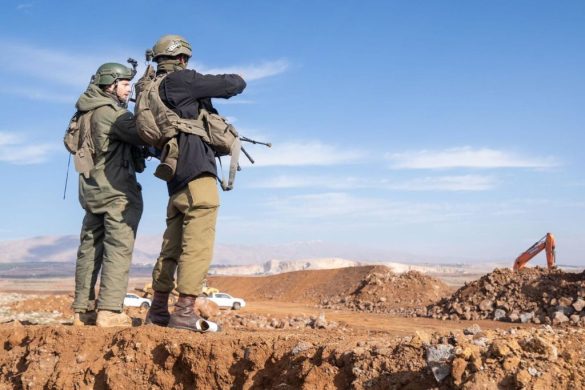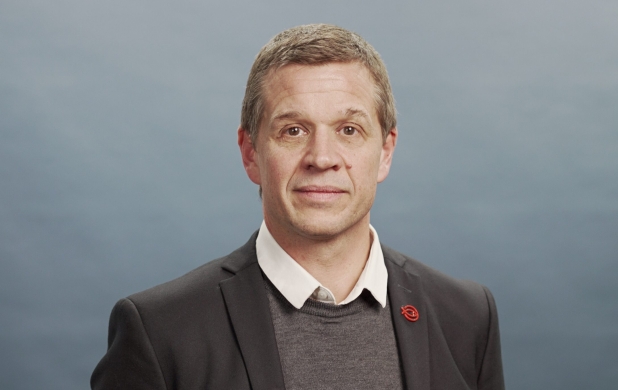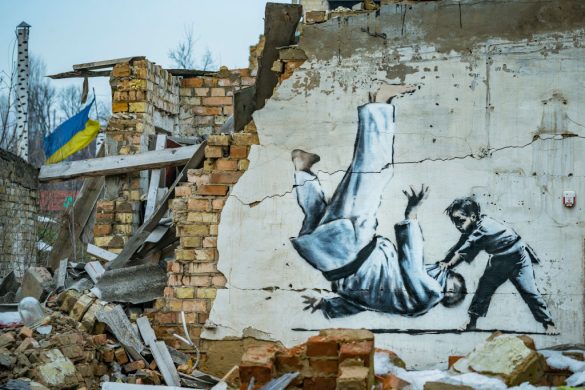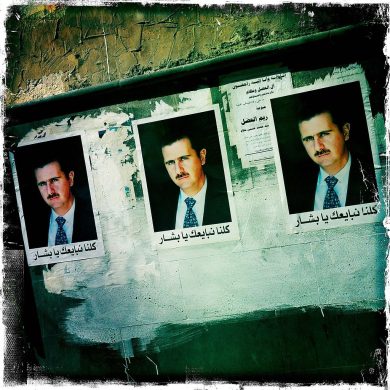QAMISHLI/DAMASCUS, Syria, May 27 (UNHCR): Some of the more than 4,000 Iraqi refugees who escaped ISIL-held Mosul and surrounding areas and reached Syria in the past month have described the perilous journeys they were forced to make in search of safety.
Since the beginning of May, a total of 4,266 Iraqi refugees have arrived at the Al-Hol camp, located 14 kilometers from the Iraqi border in Syria’s north-eastern Hasakah Governorate. Most reported fleeing the extremists in control of the northern Iraqi city, the impending battle to retake it, or ongoing clashes in surrounding areas.
As a result, and ahead of a possible further influx of Iraqi refugees, UNHCR, the UN Refugee Agency, has organized five planned airlifts of emergency items such as tents and blankets from Jordan to Qamishli, in the far north of Hasakah.
The first delivery of 13,000 blankets arrived on Thursday, and the total amount of aid will be enough to support up to 50,000 Iraqi refugees and Syrians hosting them in local communities.
Med smuglere gennem ISIS-territorium
Many refugees said they had to engage smugglers to make the journey from Mosul, which typically took between two days and a week travelling through ISIL-held territory and dodging frontlines to reach Kurdish-controlled areas of Hasakah.
Othman, a 30-year-old Iraqi who fled from Mosul with his family, described the journey as the most dangerous of his life. He was forced to carry his quadriplegic six-year-old son Mwafaq on his shoulders for much of the gruelling trek across desert terrain.
“It is one of the miracles of God that we made it through the areas controlled by extremists without being caught, and survived the harsh weather of the desert,” Othman told officials from UNHCR after arriving in Syria. Through tears, he spoke of his fear that his son – who also suffers from epilepsy – would die without urgent medical attention.
Over 100.000 flygtninge i området
Hasakah Governorate, which hosts some 90,000 Syrians displaced by the country’s long-running conflict as well as more than 16,000 Iraqi refugees, is currently inaccessible to UN aid deliveries by land from inside Syria and via Turkey to the north due to insecurity.
Efforts are also underway to try to establish an air bridge between Damascus and Qamishli for additional deliveries of humanitarian aid by multiple UN agencies, including food and other essential items.
UNHCR is working with local NGO partners to provide humanitarian assistance to the new arrivals, most of whom are without adequate shelter, sanitary facilities and medical care.
As well as distributing tents, mattresses and sleeping mats, UNHCR is also coordinating efforts to provide healthcare to refugees, with many suffering from skin diseases and other health conditions due to heat and dust exposure during the long journey.
UNHCR’s Representative in Syria, Sajjad Malik, said the agency was doing everything it could to provide assistance to Iraqis seeking safety in Syria.
“We are very concerned as many people are being forced to flee fighting, risking their lives and going through extreme hardship just to reach safety in remote areas. We stress the importance of granting safe passage to all civilians fleeing war and conflict in search of safety,” he said.














